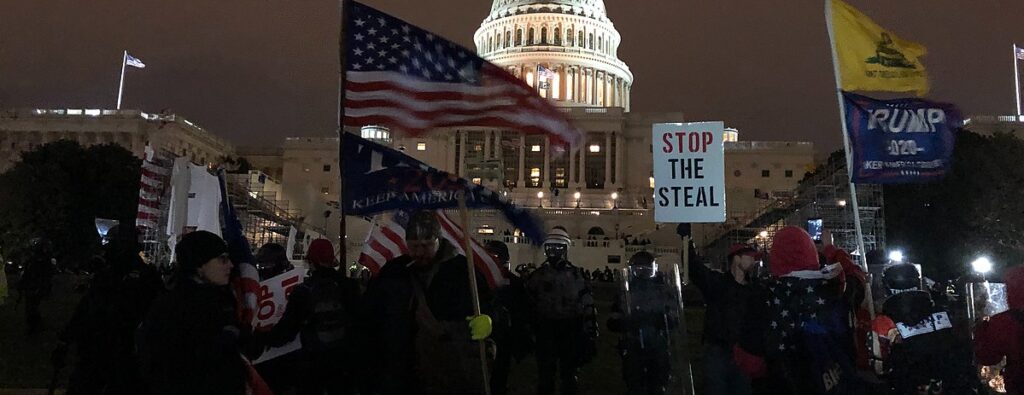
Chougule’s Analysis Cited in Column Criticizing CFTC Chairman’s Concerns about Election Markets
August 8, 2023
In his August 8 column in PlayUSA, gambling industry reporter Steve Friess criticizes CFTC Chairman Rostin Behnam for voicing concerns that the agency could become an “election cop” if it approves election markets.
Informed by analysis by Pratik Chougule and U.K.-based election compliance specialist Adrian Smith, who Chougule interviewed on Star Spangled Gamblers, Friess argues that Behnam is “incorrect” that the CFTC could find itself in this position.
The fact that Behnam is using this concern as a rationale for blocking election contracts, according to Friess, “reflects an alarming ignorance.”
Friess cites the fact that Trump alleged election fraud in both the 2016 and 2020 elections, yet the CFTC did not become an “election cop” in either case as a consequence of political betting markets.
Rather, allegations of election fraud were anticipated by bookmakers. As Smith explains,
There’s a lack of expertise there because if you look at it from the perspective of a bookmakers, they deal with this kind of situation all the time where there may be certain conditions that they have to lay down about how a bet will be settled….
They simply had to amend the terms and conditions for those markets to say ‘we will settle the market on this basis and, obviously, if you don’t agree with that, don’t place a bet. It’s very simply managed. Bookmakers deal with this all the time. It’s no different to them having a policy for a Stewards enquiry in horse racing. As long as those terms and conditions are fine, there’s no problem.
Friess believes that Behnam’s comments are one of many cases of “unawareness and bias about the gambling world resulting in nonsensical policy around political gambling.”
As Friess writes in his column:
The reason the idea makes people queasy is because of fears that “bookies” and “gamblers,” those immoral denizens of the underworld, will somehow commandeer or manipulate the results or perceptions.
A campaign manager, for instance, might bet against his own candidate and deliberately tank that candidate’s chances because he’s a gambling addict who got in too deep. Or a wealthy longshot candidate might spend big to back himself in the betting markets to create the perception that momentum is on his side and, thus, forces the media to take his campaign more seriously.
Yet in the many years Britain has allowed gambling on elections, these scary scenarios have never come to pass. In the U.K., they don’t even play the coy game of pretending a bet for Boris Johnson is an “investment” in the “market” for Boris Johnson, which is how PredictIt operates. Britain just calls it what it is — gambling — and it appears in online sportsbooks in the same formats as the lines for sports.
Friess notes that exaggerated fears about manipulation of election markets are similar to those that inform gambling regulation in other areas such as sports betting.
The reasons for opposing political gambling are reminiscent of the reasons the NFL doesn’t let players bet on NFL games. There’s a belief — Superstition? Fantasy? Delusion? — that the outcome of a professional football game could be decisively influenced by any individual or even a few people. Elections are the same. They are complex enterprises involving hundreds, thousands or even millions of people.
It’s not that people won’t try to thwart them in illegal ways. Or even that they won’t try to do so for a profit.
But the odds are poor that such a complicated scheme involving so many people taking such grave risks could go undetected.
If anything, Friess argues that election markets might instead help society to address challenges associated with election integrity:
Betting lines, in fact, might just be the panacea to detect and prevent such interference and conspiracy. Giving that many people have vested interests in ferreting out problems could be the solution, not the cause, of malfeasance.
That notion probably would shock someone like Benham. Too bad someone who knows so little about gambling and elections gets to decide the relationship between the two.
Check out Friess’s column here.
